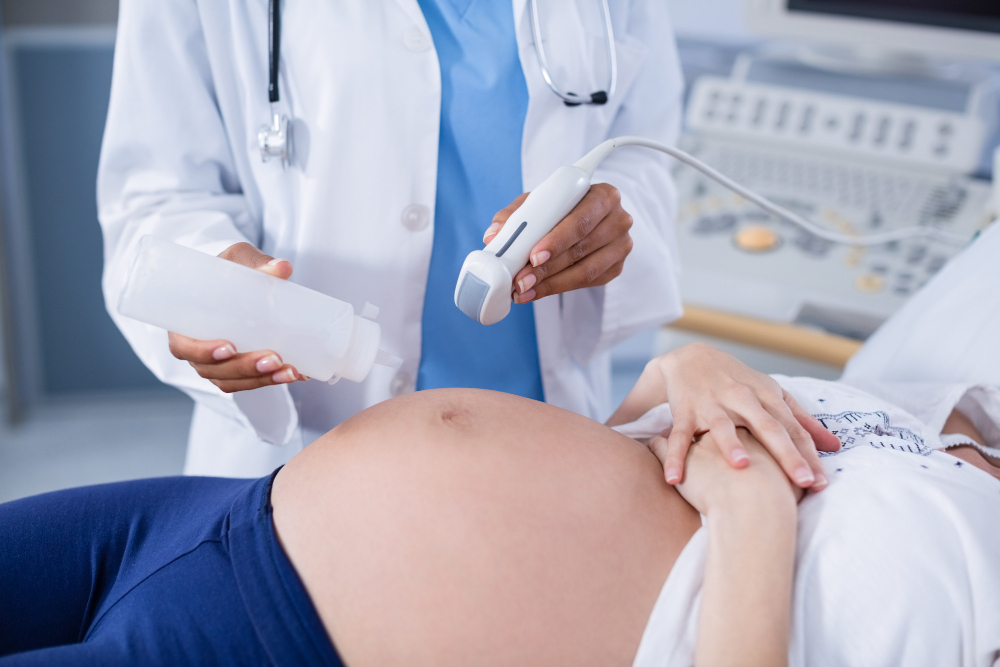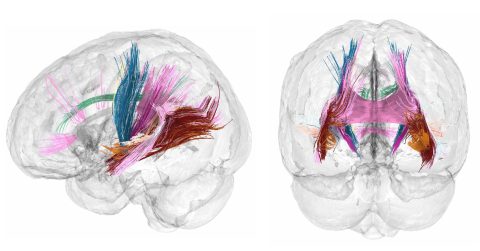Brain amygdala activity associated with a tendency to suffer depression in pregnant women, study finds
An international team of researchers has conducted a study in which they conclude that increased activity of the brain amygdala detected by magnetic resonance imaging is associated with an increased risk of developing symptoms of depression in pregnant women. According to the authors, the finding could be used to identify those who are more likely to suffer from postpartum depression. The results of the study, still in prepublication form and not yet peer-reviewed, will be presented at the ECNP (European College of Neuropsychopharmacology) conference.

Alberto Ortiz - cerebro depresión embarazo EN
Alberto Ortiz Lobo
Doctor of Medicine and Psychiatrist at the Carlos III Day Hospital - La Paz University Hospital (Madrid)
This is a study of a very small sample of women, 15 of them pregnant in the second trimester, which seeks to test the relationship between amygdala activation in the brain with a lower capacity for emotional regulation and that this also implies a higher score on a scale of depressive symptoms in pregnancy, even if the patients did not have a clinical diagnosis of depression.
The study contains several questionable inferences, such as identifying the score on a scale in the second trimester of pregnancy with the risk of postpartum depression (the study does not reveal whether these pregnant women were depressed when they gave birth) or equating lower emotion regulation with a biological abnormality and a risk of postpartum depression.
There is no doubt about the hormonal changes that occur during pregnancy and after childbirth, but women's emotional states after childbirth are also conditioned by the increased demands of motherhood, expectations, the degree of support from the family and social environment and especially from the partner, economic and job security, and all the contextual elements surrounding this process. Attempting to predict the risk of postpartum depression by means of an imaging test that measures the activity of the cerebral amygdala is not only extremely limited, but also focuses on an alleged biological defect in the mother and contributes to obscuring all the environmental determinants.
Weinmar et al.
- Research article
- Non-peer-reviewed
- Preprint
- People



